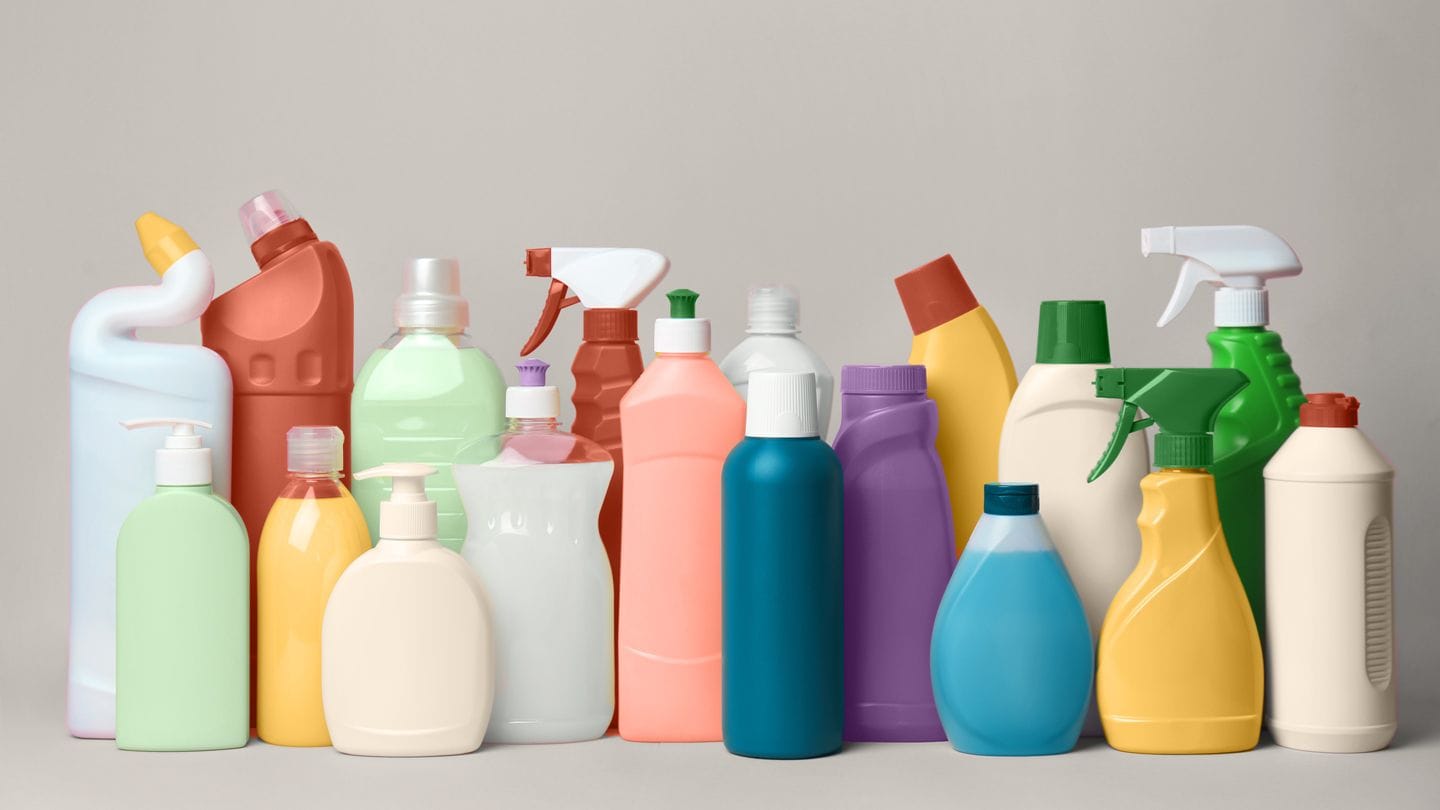
In any workplace, the importance of a clean and organized environment cannot be overstated. A well-maintained office is not just about aesthetics; it has a direct impact on productivity, employee health, and overall workplace satisfaction. Unfortunately, office cleanliness is often overlooked, leading to environments that may look tidy on the surface but hide a multitude of health and productivity hazards. In this blog post, we will explore why regular office cleaning is essential for fostering both productivity and employee well-being.
A clean and organized workspace helps employees focus better and perform their tasks more efficiently. Clutter and dirt are distractions that can lead to cognitive overload and make it difficult to concentrate. When papers are scattered, desks are dusty, and trash bins overflow, the environment creates a sense of chaos. This can negatively affect mental clarity and motivation, leading to reduced productivity.
On the other hand, a clean office provides employees with a comfortable and conducive space to work. Organized workstations and clean surfaces promote a sense of order and professionalism. Employees are more likely to take pride in their work when their environment is tidy, which can lead to improved performance. Additionally, a clean environment reduces the time spent searching for misplaced items or important documents, further enhancing productivity.
Offices are shared spaces where germs and bacteria can spread rapidly, especially in areas like break rooms, bathrooms, and shared equipment (e.g., printers and phones). Without regular cleaning and disinfecting, these communal spaces can become breeding grounds for viruses, bacteria, and allergens. In turn, this leads to an increase in employee absenteeism due to illness.
Regular cleaning, including disinfecting high-touch surfaces such as door handles, keyboards, and telephones, significantly reduces the spread of infectious diseases. As a result, fewer employees fall ill, which means less downtime and more consistent workflow. Maintaining a clean office environment, especially during cold and flu season or amid a global pandemic, plays a critical role in protecting employee health and ensuring that businesses can operate smoothly without major interruptions.
Many people spend the majority of their waking hours in the office. As such, indoor air quality (IAQ) can significantly impact their health. Dust, mold, pollen, and other allergens can accumulate in carpets, air ducts, and on surfaces over time, leading to poor air quality. Exposure to these pollutants can trigger respiratory issues such as allergies, asthma, and even more serious conditions if left unchecked.
Regular office cleaning helps mitigate these issues by removing dust and allergens from surfaces and ensuring that carpets and air filters are clean. This promotes better air circulation and reduces the presence of harmful particles in the air. Good IAQ not only protects employee health but also contributes to a more comfortable and productive work environment. Employees can focus on their tasks without being distracted by sneezing, coughing, or feeling physically uncomfortable due to poor air quality.
The physical environment in which people work has a direct impact on their emotional and mental well-being. A clean and well-maintained office fosters a sense of pride and respect for the workplace. When employees feel that their employer cares about their environment and well-being, they are more likely to feel valued and satisfied with their job. This, in turn, leads to higher morale and improved teamwork.
A dirty or neglected office, on the other hand, sends the opposite message. It can create a negative atmosphere where employees feel unappreciated and disengaged. Low morale and dissatisfaction can lead to higher turnover rates, as employees are less likely to stay in an environment where their basic needs for cleanliness and comfort are not met.
An office is often the first impression that clients, partners, and visitors get of a business. A clean, well-maintained office reflects professionalism and attention to detail. It signals that the business cares about its reputation and operates efficiently. On the other hand, a dirty or cluttered office can give the impression of disorganization and incompetence, potentially turning clients away.
Regular office cleaning ensures that meeting rooms, lobbies, and workspaces are always presentable and welcoming. This not only leaves a positive impression on clients but also fosters a sense of pride among employees, who are more likely to perform well in an environment that looks and feels professional.
Neglecting regular cleaning can lead to long-term damage to office equipment, furniture, and infrastructure. Dust accumulation can cause computers, printers, and other electronic devices to malfunction, while stains and spills on carpets or furniture can lead to premature wear and tear. Over time, this leads to costly repairs or replacements that could have been avoided with consistent maintenance.
Regular cleaning services help extend the lifespan of office assets, reducing the need for costly repairs or replacements. It also minimizes the risk of pest infestations, which can be both disruptive and expensive to handle. Investing in regular office cleaning ultimately saves businesses money in the long run while ensuring that the workspace remains functional and appealing.
Maintaining a clean office is not just a matter of aesthetics; it’s a critical component of fostering productivity, protecting employee health, and promoting a positive workplace culture. By ensuring regular cleaning and disinfecting of workspaces, businesses can create an environment that supports employee well-being, reduces absenteeism, and leaves a positive impression on clients and visitors. In the long run, a clean office pays dividends in the form of higher employee morale, better performance, and long-term cost savings.
Copyright © 2024 NYC Cleaning